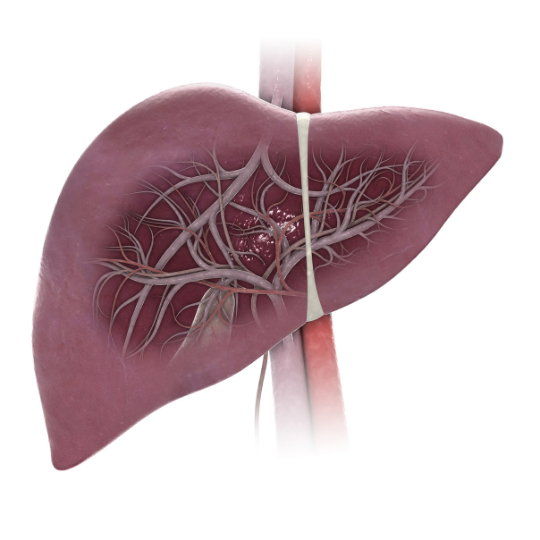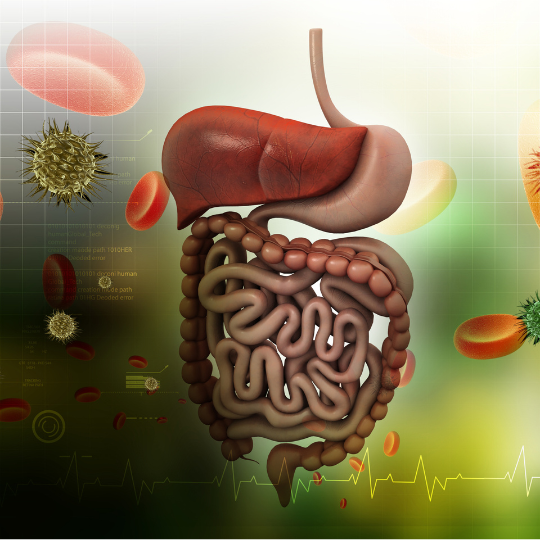Inflammation is the body’s natural response to injury or infection, a natural health adaptation. However, chronic inflammation can lead to a variety of serious health issues such as heart disease, cancer, and autoimmune disorders. This article discusses briefly about how specific inflammatory molecules can tilt the balance from a healthy inflammatory response to a state of detrimental chronic inflammation and what you could do about it.

Nitric Oxide in a nutshell (& More)
Nitric oxide synthase (NOS) is an enzyme that helps the body manage inflammation by producing nitric oxide (NO). NO for its part is a molecule that helps to regulate inflammation by dilation of blood vessels, reduction of oxidative stress, and inhibition of pro-inflammatory substance production.
However, under certain conditions, NOS can become “decoupled,” which means it switches from producing NO to producing superoxide (O2-). Superoxide is a highly reactive inflammatory molecule that can react with any existing NO to form peroxynitrite (ONOO-), which further increases inflammation. This process is known as NOS uncoupling, and it can contribute to chronic inflammation in the body.
NOS Uncoupling Cause #1: Genetic
NOS uncoupling and chronic inflammation in the body can be caused by a variety of factors. One factor is oxidative stress, which is caused by an imbalance between the body’s production of free radicals and its ability to neutralize them. The O2- and ONOO- molecules mentioned above are such highly reactive free radicals, that can cause cell and tissue damage, resulting in chronic inflammation.
Certain genetic predispositions may increase the risk of NOS uncoupling and chronic inflammation. Variations in the NOS genes, like in NOS3 rs3918226 for example, have been linked to a downregulation in the NOS enzyme. Variations in genes involved in oxidative stress, inflammation, and mitochondrial function, are examples of additional genetic factors that may increase the risk of NOS uncoupling.
NOS Uncoupling Cause #2: Diet & Lifestyle
A diet high in unhealthy fats and added sugars is another factor that can contribute to NOS uncoupling and chronic inflammation. These foods have the potential to increase oxidative stress and inflammation in the body. A sedentary lifestyle and high levels of stress, on the other hand, can also contribute to NOS uncoupling triggered inflammatory responses in the body.

NOS Uncoupling Solution
While it is not possible to change your genetic makeup, genetic predispositions to NOS uncoupling can be addressed through nutrition and supplements. An anti-inflammatory diet high in antioxidants, coming from fruits and vegetables, should be the cornerstone of a healthy diet. It is actually one of the 4 pillars of a healthy diet as identified by Dr. Cate Shanahan in the bestseller Deep Nutrition: Why Your Genes Need Traditional Food.
On top of that, antioxidant supplements, such as vitamin C and E, can also aid in the reduction of oxidative stress and chronic inflammation. Coenzyme Q10, a nutrient that helps to support mitochondrial function, and omega-3 fatty acids, which have anti-inflammatory properties, are two additional supplements that may be beneficial in addressing genetic predispositions to NOS uncoupling. Finally, other herbs like skullcap, hawthorn or schisandra have been less studied, but offer promising results.

Give us a shout for a nutritional and supplemental approach customized to your genetic make-up. At NutriFix, analyzing nitric oxide, via NOS Uncoupling and its potential negative downstream consequences in terms of generating inflammatory molecules like O2- or ONOO-, forms the basis of our inflammation management approach.












